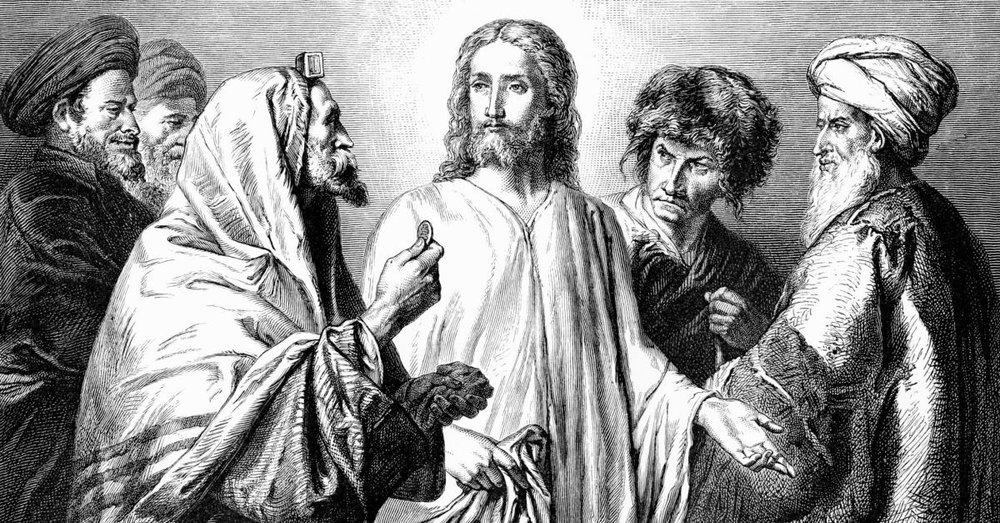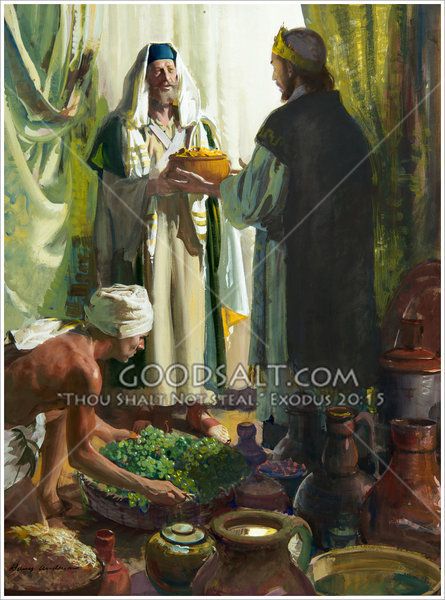Tithes Revisited (six)
0 Comments
On account of death, the first high priest from Levi, that is Aaron, was replaced. Up until the time of Pauline scripting of the Book of Hebrews, death had brought about an ineluctable replacements to that office. But of Melchizedek, whose natural genealogy the Scripture is silent about, is absolutely antitypical to the office of the Lord Jesus. The Holy Spirit, through Paul, teaches that this king-priest Melchizedek, said to be figuratively living, undying like the eternal Jesus, continues to receive tithes. How is this possible? It is a theological issue. Melchizedek signalizes the true High Priest, even the Initiator of the Old and the New Testaments, the Lord Jesus, the Alpha and the Omega; the One who was, is, and is to come, the Almighty.Read More






